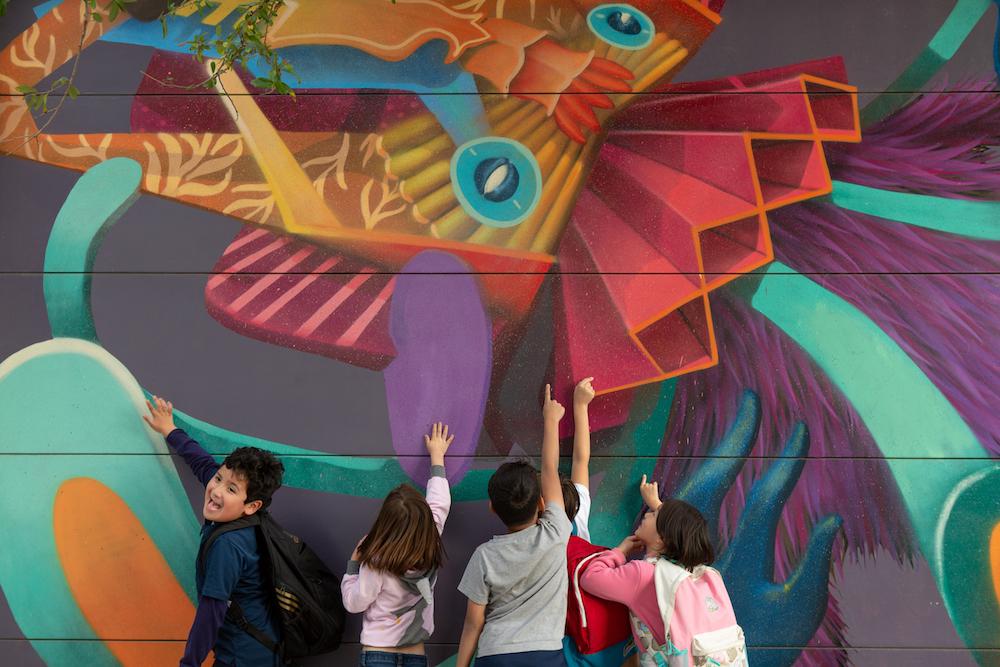At Legislative Hearings, Community Leaders Set a Clear Vision for Racial Equity in Education
"Our investments and policies have to show that we will not accept going back to normal, but we will create a better and more equitable future as the new normal."

09/30/20 ∞ MIN READ
Whitney Grubbs is the Executive Director of Foundations for a Better Oregon.
Whitney Grubbs is the Executive Director of Foundations for a Better Oregon.
"If paradise now arises in hell," writes Rebecca Solnit, "it's because in the suspension of the usual order and the failure of most systems, we are free to live and act another way."
This notion, which Solnit captures so beautifully in words, is the closest we might get to articulating the simultaneous sense of despair and hope that is pulsing through Oregon right now. Indeed, we heard echoes of hope from community leaders who spoke to Oregon’s Senate Education Committee last week amid devastating wildfires, the pandemic, the enduring oppression of systemic racism, and the ongoing corrosion of democracy.
At Sen. Michael Dembrow’s invitation, the committee heard powerful testimony from leaders in the Black community representing the Reimagine Oregon Project as well as the cross-cultural coalition behind a policy roadmap for racial justice through education. I’d like to highlight some of what they said:
“We have a historic opportunity now to reimagine public education in a way that is grounded in equity, and understanding that we have an educational system that mimics the white supremacist structures that are embedded in the larger fabric of our society,” explained Kali Thorne Ladd, Executive Director of KairosPDX.
“Our children, young people, and families from historically underserved communities matter and we have to show them. Our investments and policies have to show that we will not accept ‘going back to normal,’ but we will create a better and more equitable future as the new normal,” said Patricia Alvarado, Director of Education Programs at Adelante Mujeres. “We stand ready to partner with policymakers and school districts to meet this challenge.”
Kali and Patricia’s moving remarks should move us all toward more collaborative, inclusive, and compassionate policymaking. Please take a few minutes to watch the video of last week’s panels on racial equity in education, where you’ll also hear from Marcus Mundy of the Coalition of Communities of Color, Elona Wilson of Stand for Children, Joe McFerrin II of the Portland Opportunities Industrialization Center, and Amanda Manjarrez of Foundations for a Better Oregon.
The first episode explores big questions: What was the intention behind Senate Bill 13? What can it look like to teach Indigenous Studies as a white teacher?
We're thrilled to welcome Louis Wheatley to our team as FBO/Chalkboard Project's Strategic Communications Director.
Amanda brings creative leadership and deep commitment to social justice to her work as Director of Public Policy and Government Affairs at FBO/Chalkboard Project.
Community leaders exchange ideas and strategies to fulfill the vision of the Student Success Act.
Looking ahead to 2021, FBO/Chalkboard Project is committed to rekindling this momentum with a policy agenda that centers children, families, and communities.
We’re witnessing the value of Oregon's teachers and early learning providers, doctors and nurses, public servants, and so many more.
Sign up for our newsletter to get the latest news, resources, and more from Foundations for a Better Oregon.